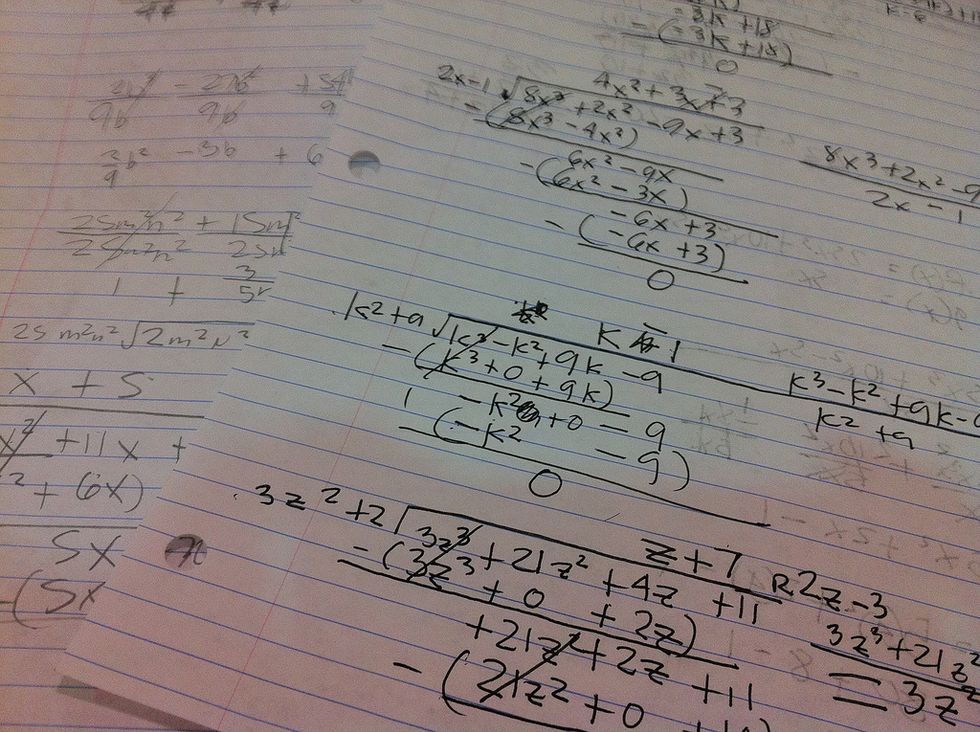Syllabus week is over, which means it's time to get serious. Here's how to start killing it academically right now.
1. Schedule when you're going to do what!
You're going to be less stressed out when you know you're going to be handling English on Monday morning, Philosophy on Tuesday morning, History and Film Studies on Wednesday night, and Bio on Thursday night. These can always be changed if you want to do some earlier or later, but this way at least you are organizing your work somehow.
2. Spread it out.
If you know you have to have a reading done by Thursday, and it has a lot of pages, split it up and do a little bit every day.
3. Print out your readings.
If you're assigned a few pages of an article, or an excerpt of a book, rather than part of a textbook to read for class, I would highly recommend printing them out. That way you can mark it up as much as you want and really engage yourself with the material, rather than simply reading it and not processing the words as much.
4. Annotate your texts.
Highlight what you think the important parts are, which phrases are confusing to you, or when you get stuck. This can help if you're in class and your professor asks what everyone thought of the reading. If you read it a few days ago and sort of forgot, you can flip through the reading quickly and look at what you've highlighted so you remember the general ideas and details come back to you. Highlighting the confusing parts can help you move on and go back it later if you need to.
5. Take breaks!
It is so important, especially if you're reading something demanding and rigorous, that you don't read it straight through, especially if it's long. You might run out of steam towards the end and just skim, not retaining important details. Every half hour or so, feel free to take a 15-minute break to breathe, maybe walk around, or watch a Youtube clip or two. Giving yourself a short time away from the text will actually help you and motivate you to keep working as hard when you do return to it.
6. Do your hardest assignment first.
If you have to do two in a day, you need most of your energy especially if you're working on a subject that you struggle with. Also if this assignment is time-consuming, it's best to do it first so you don't procrastinate and end up not doing everything well.
7. Allot the proper amount of time for each subject.
Know if what you're working on will take one hour or three, and pick a time in your day where you can work for that amount of time.
8. Study in a quiet space.
A library is usually the best place. It doesn't even have to be in the quiet area; if you're comfortable in a section of the library with a cozy couch or a desk with a divider and lots of room for your stuff, settle down there. If there's a study room in your dorm hall, that's a good place, too, just as long as there's no one in the adjoining study room talking on the phone or rehearsing a scene for drama class, because hearing their voice from the vents can really hinder your concentration.








































